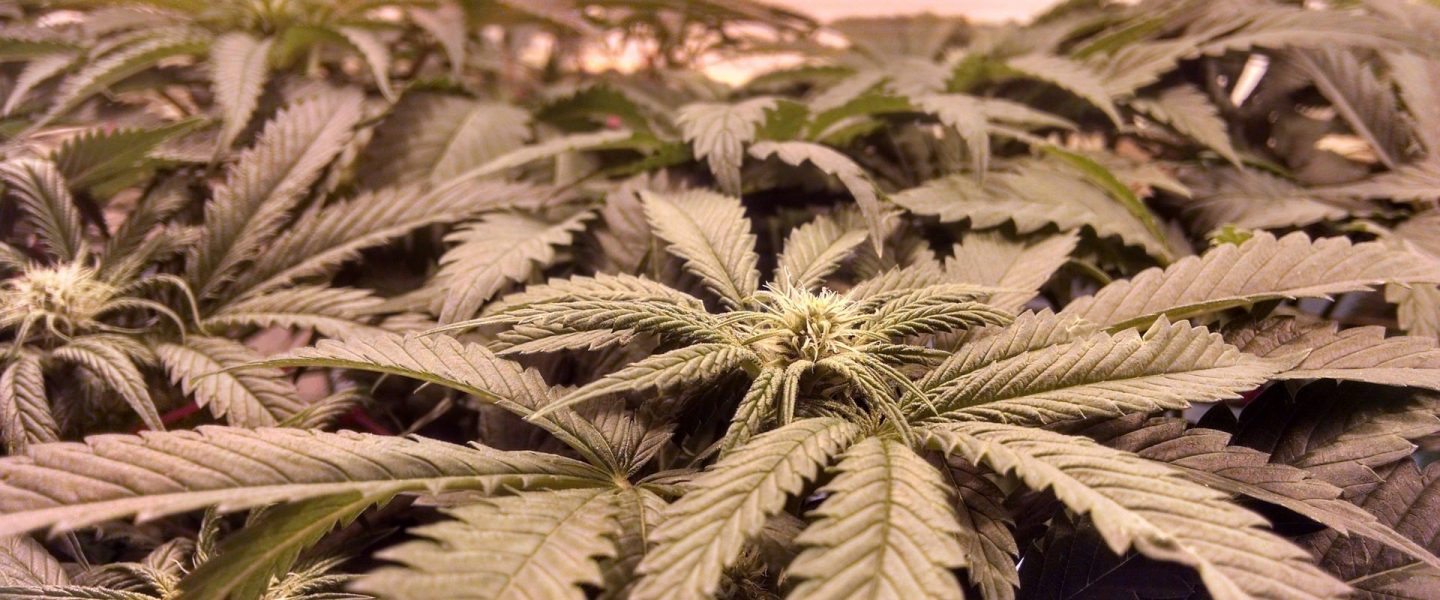 While I was researching Montana laws for my previous article today, I came across the following story. It’s not often that a marijuana consumer wins a worker’s compensation claim after an accident, so this story is worth reading for its marijuana public policy value. However, when you read the details, you will also see it has quite a bit of entertainment value for just about anyone! The story is pasted below in its original form:
While I was researching Montana laws for my previous article today, I came across the following story. It’s not often that a marijuana consumer wins a worker’s compensation claim after an accident, so this story is worth reading for its marijuana public policy value. However, when you read the details, you will also see it has quite a bit of entertainment value for just about anyone! The story is pasted below in its original form:
While the facts of the case were hotly contested, the petitioner, Hopkins, contended that he was employed by Kilpatrick at “Great Bear Adventures,” a privately owned bear park. The bear park contained grizzly and black bears and was generally open to the public from Memorial Day through Labor Day each year. Customers observed the bears from their cars while driving through the park. Hopkins testified that Kilpatrick paid Hopkins and other employees daily, in cash, and that his duties consisted of general maintenance, the feeding of various bears, and other miscellaneous chores. Hopkins testified that while most of the employment activities occurred during the tourist season, there was some general maintenance required year round and Hopkins also fed the bears on some occasions after the season ended, up until the time the bears hibernated each year.
On November 2, 2007, Hopkins sustained severe injuries when he was attacked by one of the grizzly bears during a feeding session. He sought workers’ compensation benefits, contending that his injuries arose out of and in the course of his employment. Kilpatrick countered that the bear park had no employees, that no employment relationship existed between Hopkins and Kilpatrick, and that Hopkins’ services had been provided on a volunteer basis only. Kilpatrick also contended that the major contributing cause of Hopkins’ injuries was Hopkins’ marijuana use on the morning of the incident. Hopkins admitted smoking marijuana with other employees on the morning of the incident, but claimed the use of the illegal substance had nothing to do with the bear attack.
Here’s what the Montana Workers’ Compensation Court decided:
In Hopkins v. Uninsured Employers’ Fund, 2010 MTWCC 9, WCC No. 2008-2152 (May 4, 2010), Worker’s Compensation Court Judge James Jeremiah Shea found that Hopkins was, indeed, an employee of Kilpatrick, that Hopkins sustained compensable injuries arising out of and in the course of his employment, and that Hopkins’ use of marijuana was not a major contributing cause of his injuries. Hopkins use of marijuana did not, therefore, disqualify him from receiving an award of benefits. Judge Shea concluded that “[w]hen it comes to attacking humans, grizzlies are equal opportunity maulers; attacking without regard to race, creed, ethnicity, or marijuana usage.” The judge characterized Hopkins use of marijuana to “kick off” a day of working with grizzly bears as “ill-advised” and “mind-bogglingly stupid.” There was no evidence, however, that the pot smoking contributed significantly to Hopkins’ injuries.
The author of this article is Thomas A. Robinson. He is the primary upkeep writer for Larson’s Workers’ Compensation Law (LexisNexis) and Larson’s Workers’ Compensation, Desk Edition (LexisNexis).








